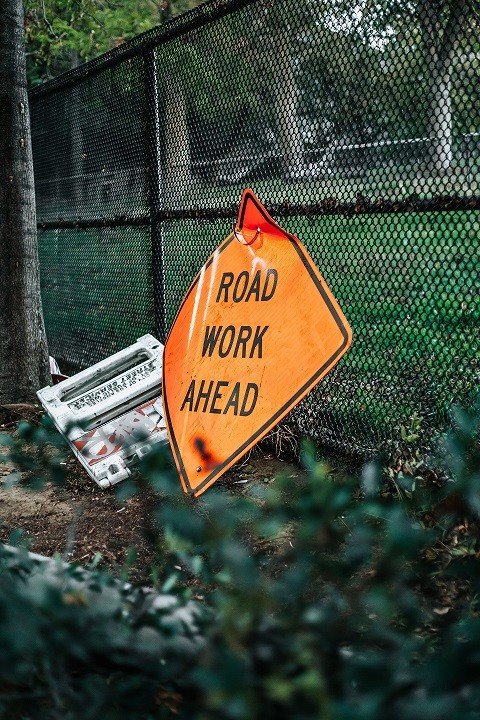Roadworks warning (RWW)

Although EU roads are the world’s safest, there are still too many deaths and injuries. The EU has therefore adopted the Vision Zero and Safe System approach, to eliminate deaths and serious injuries from Europe’s roads.
This goal is part and parcel of the EU’s 2021-2030 road safety policies, aiming to cut road deaths by 50% (currently standing at 26,000 a year). Vehicle and infrastructure improvements and the ongoing stream of connected- and automated-mobility ideas could save up to 10,500 lives over this period.
Spain’s Road Traffic Authority (Dirección General de Tráfico) is also working on a new Road Traffic Safety 2021-2030 document (Estrategia de Seguridad Vial 2021-2030) with the same goal of reducing road deaths and serious injuries by 50%, following the UN’s Agenda 2030 Sustainable Development Goals.
In the arena of connected mobility, cooperative intelligent transportation systems (C-ITS), like those being rolled out in the C-ROADS project, could be another crucial component in the task of improving road safety and traffic reliability, helping to achieve Spain’s Road Traffic Safety goals and reduce the death rate.
One of the most widely deployed C-ITS services in C-ROADS pilot schemes in the various European countries is Roadworks Warning (RWW), giving drivers better information on the road works they might find on their route.
Accidents at road work sites often occur because drivers are not warned early enough; in the event of any distraction in the approach, they might therefore react too late.
The RWW service can give such information as the distance to the road works in question, the number of lanes closed at that moment, the recommended speed limit or detours. This information allows drivers to switch earlier and more safely to the road lane unaffected by the upcoming road works.
Drivers receiving warnings of this type in good time, together with recommended speed limits, can adapt their driving to suit, cutting down the collision risk.
From the occupational safety point of view, most workers run over at any roadworks are due to vehicles invading the work zone during road-upkeep work. A RWW service will afford these workers greater protection while they are working on a road still carrying traffic.
RWW therefore aims to bring roadwork-caused accidents down to zero while also slashing the rate of other types of accident. From the efficiency point of view, it could also improve traffic flow through the roadworks by reducing the rate of sudden braking. Loss of time will also be reduced as drivers are given better warning of the best and safest way to approach any roadwork zone.
Author: Carlos Barredo Abellón